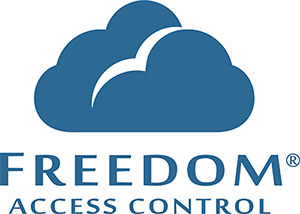Viscount Awarded New Contracts for US Department of Homeland Security
Viscount Systems,  a provider of IT-based security software and services, announced that it has been awarded additional contracts to secure U.S. Federal Government facilities in Missouri and Massachusetts for the Department of Homeland Security - United States Citizenship and Immigration Services (USCIS).
a provider of IT-based security software and services, announced that it has been awarded additional contracts to secure U.S. Federal Government facilities in Missouri and Massachusetts for the Department of Homeland Security - United States Citizenship and Immigration Services (USCIS).
"The pace of new contract activity with USCIS and other agencies within the Federal government continues to grow,” noted Dennis Raefield, president and CEO of Viscount. “This escalation is based on Viscount's ability to deliver security solutions that meet the government's high compliance standards for performance, reliability and support. We are committed to work with our Federal Systems Partners to provide solutions that not only meet the government's rigorous security technology standards, but establish Viscount Systems as a trusted vendor in securing our nation's institutions and infrastructure."